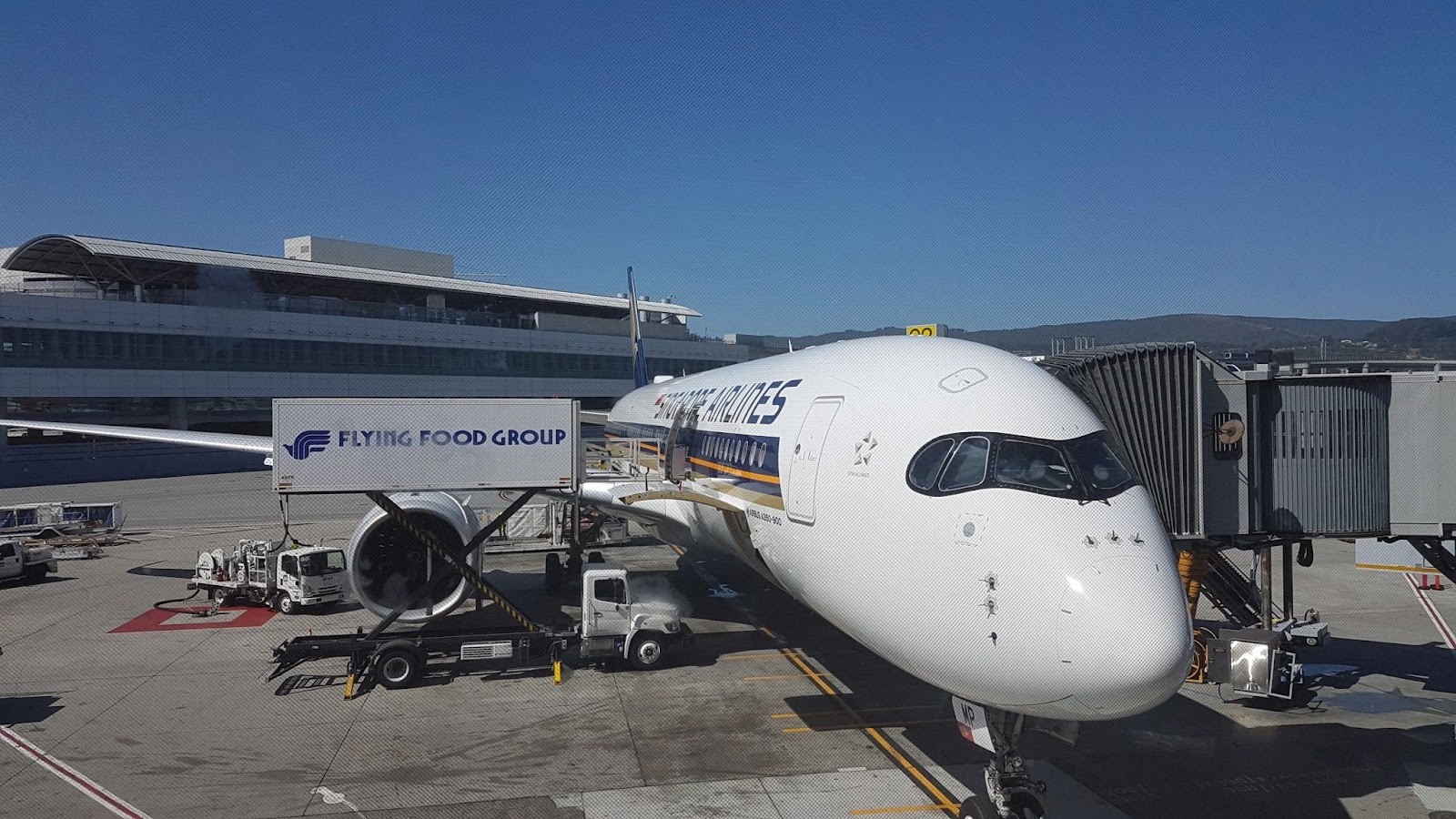By Media and Presentation Skills Expert, Sam Elam

When it comes to public speaking and interview skills, not all are created equal.
Many corporate executives are accustomed to public speaking, whether it be to large crowds, boardrooms full of colleagues, or a potential new client.
Such executives might have these presentation skills down to a fine art, and feel confident that they’re transferable to any speaking situation.
Often, despite not having any media training, executives feel well equipped to face the cameras, should they be requested to participate in an interview.
Media interviews are requested of corporate executives for a variety of reasons, from crisis and issues management to the provision of expert commentary.
Unfortunately though, without honed interview skills training and proper interview techniques, executives can find themselves, literally, lost for words.
“I’ve had highly experienced, senior executives freeze in front of me at the commencement of a media interview,” says journalist and former broadcast reporter Nicole Madigan.
“Speaking with a camera aimed towards you is a very different beast from speaking to a crowd or group of people.
“For even the most experienced speakers, the camera can be extremely off-putting.”
The presentation skils required for a successful media interview are vastly different to those used by public speakers.
“For example, in public speaking, it’s important for the speaker to scan the crowd, locking eyes with as many people as possible. And in smaller groups, making eye contact with everyone is important.
“Hand gestures and stance contribute to the effectiveness of public speaking, you may even pace, and you have complete control over the flow of the dialogue.”
Not so in a media interview situation.
“In media interviews, it’s tempting to look at the camera. I’ve lost count of the number of times we’ve had to redo pre-recorded interviews due to the talent looking at the camera.
In a live situation, there’s nothing we can do, so it’s important for media spokespeople to understand the importance of keeping their eyes on the interviewer – not at the camera.”
Another key difference is the need to keep your sentences short and concise and with a clear end.
“Don’t be tempted to ramble or fill the silence.
Answer the question, or make the statement, then stop talking – but continue to look at the interviewer.
If a question throws you, don’t be afraid to take a moment to pause and think before you begin talking.”
As part of any corporation’s reputation management as well as its overall corporate communications strategy, it’s crucial that all executives, who may be required to front the media, undergo specialist media and communications training – regardless of their public speaking skills.
Would you like to ensure that your top executives are putting their best foot forward in media interviews? Read more about our media spokesperson training, or contact us to find out how we can help those in your organisation to handle media interviews will skill and tact!





